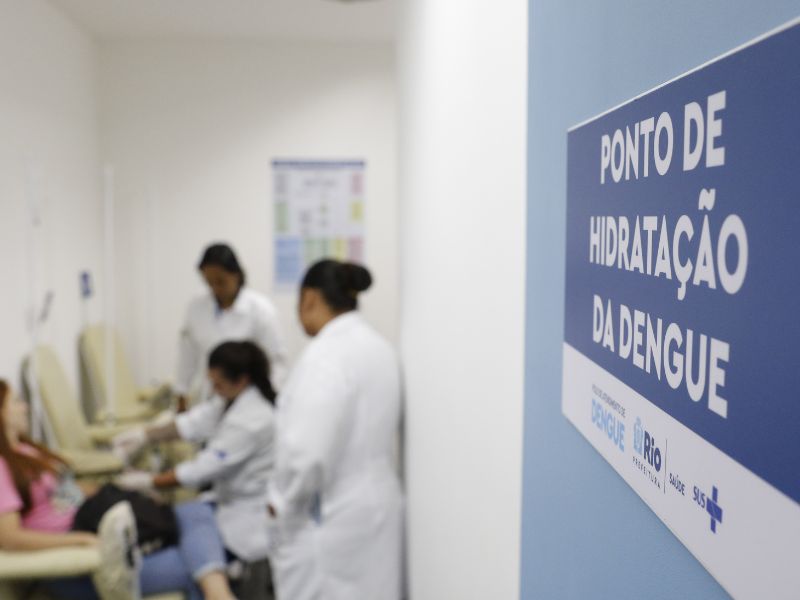
Health Emergencies in South America: Updates and Current Challenges
Strengthening healthcare response in a crisis context
El Niño in 2023 had a significant impact on public health in South America, exacerbating the vulnerabilities of already struggling communities. Alterations in precipitation and temperatures led to droughts, fires, and floods in South America, endangering the lives of millions of people. The number of dengue cases has considerably increased, with over 4 million new infections across the Region, surpassing the record set in 2019. Such an increase in arbovirus epidemics occurred amidst complex humanitarian crises, with mass migrations and armed violence taking place in many jurisdictions. This further strained already overcrowded national healthcare facilities. Interventions to combat disease and climate change have helped contain the number of cases in some jurisdictions, but the affected areas remain severe.
Haiti: Health and Humanitarian Crisis
Haiti represents a kaleidoscope of the most severe health emergencies currently present in the Western Hemisphere. Cholera reappeared on the island in October 2022, but the outbreak was just one element of an explosion of poor health and violence across the island, with an unprecedented magnitude of momentum. A small humanitarian mobilization community sought assistance from the ERC Commission and launched extensive inter-agency intervention activities to inject energy into reluctant humanitarian assistance in the field. Despite joint efforts, access to appropriate healthcare remains limited, particularly affecting communities most at risk of poverty.
Inequalities in Healthcare Access in Paraguay
Paraguay faces serious inequalities in access to healthcare, with most infrastructure and healthcare resources concentrated in the capital and urban areas. This limits access to basic healthcare services for rural areas and indigenous communities. Amnesty International has stated that these inequalities are exacerbated by the lack of resources and a dysfunctional financing system that often forces families into debt for medical expenses. The Paraguayan government must implement progressive fiscal policies to address revenue issues and improve the financing regime of the public healthcare system.
WHO Emergency Appeal for 2024
In response to the numerous growing health crises in South America, the WHO has launched an emergency appeal for 2024, calling on the world to allocate $133.9 million to support and strengthen the ongoing health emergency response and enhance the provision of basic healthcare.
To ensure equitable access to healthcare services and strengthen the response to infectious disease epidemics, better prepare for natural disasters, and improve the management of logistics and supply chains and vaccination programs. Additionally, initiatives aim to strengthen the capacities of the most vulnerable communities to autonomously manage health risks.
Sources


